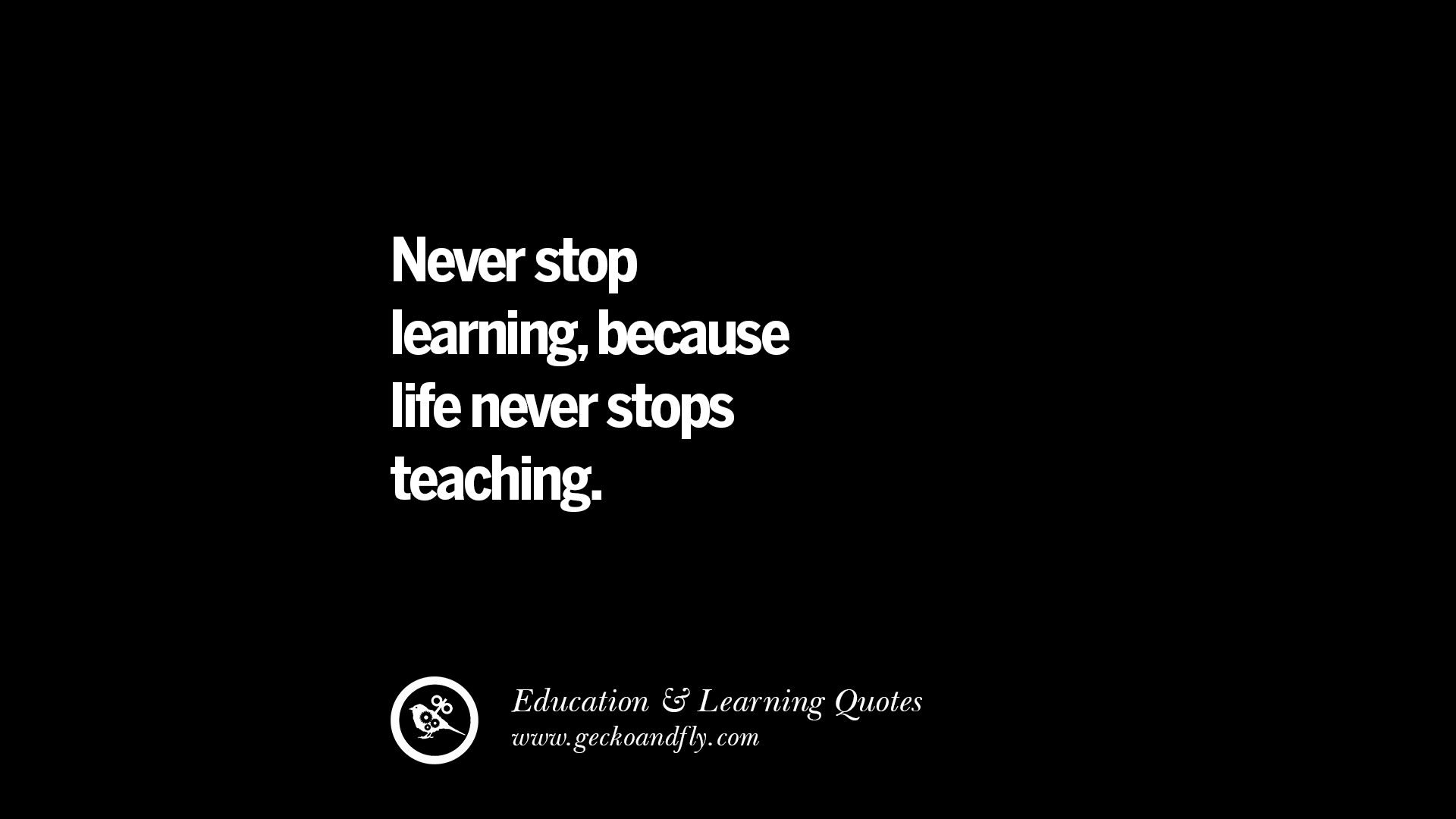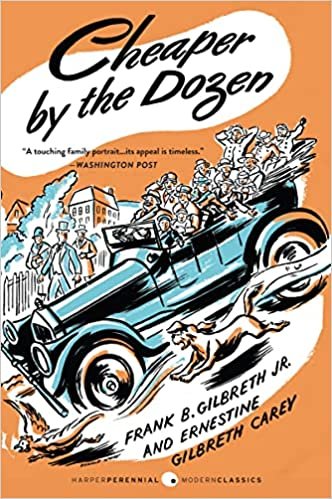WE ARE HERE
Well, almost. My husband comes up tomorrow having lived with our one son for almost a month while he worked at the main office in Virginia and I organized the new digs here in New England.
Hard to believe that this is our home now. Seems unreal.
Actually, everything in life seems unreal. I look back and cannot believe that the world shut-down for a pandemic. I cannot believe that our parents are gone. I cannot believe that we no longer live in Maryland. As I drive to do errands around town, many of the state roads traverse over I-95. I look through the bridge fencing to the interstate below and think, “I used to drive by here all the time. Now I live here.”
This has been a journey of faith and it makes me think of the different journeys taken by those mentioned in the Bible: Abraham, Moses, Rebecca, Ruth, Mary and Joseph, Paul, Peter - to name a few. The stories tell of their triumphs and failures but are condensed into “highlight reels”. Of course they have to be condensed because if every day-to-day detail was mentioned, the Bible would be too heavy to lift. As is true of all of our lives, the majority of our time is made up of mundane, day-to-day happenings with the occasional excitement/crisis/memorable activity thrown in.
I am always intrigued by what is NOT mentioned in the Bible. Those mundane thoughts of the Hebrew people. Sure, we have the Psalms and Lamentations which mention the honest feelings of the writers, but I still want to know- how did they feel during a run-of-the-mill type day when they were tired and had so much to do?
I think of Ruth: As Ruth traveled with her mother-in-law to Judah, did she ever wonder, why didn’t I stay back in Moab? As she had to glean for their sustenance when arriving in her new homeland was she exhausted? Did she ever complain to Naomi that this was hard or wished she could speak to her sister-in-law back in Moab about the trip? With each story mentioned in the Bible, I wonder about the times when, even though they knew they were following God’s guidance, they still felt at sea?
There has been times when I have felt at sea- little hiccups along this journey. Nothing major and certainly there have been enough “fall into place” events to validate that this is exactly where God wants us. However, there are times when the spirit is willing (to believe), but the flesh is all too weak (and tired) to feel anything but despair- Why did we move? This is sooo overwhelming….
It is in times like these that I have found myself saying three things: God would not lead us here to abandon us; God is in the details; God is working (even if I do not feel/see it). I also have been having to intentionally (and literally) call out the blessings of the day as I walk the dog: good weather, friendly neighbors, beautiful vistas, etc. I have to remind myself to “look up”- enjoying the beautiful sky and asking for perspective.
It has helped. I still get overwhelmed. I think the day that the movers delivered all our stuff almost put me over the edge. I realized that I was experiencing decision overload. I knew how it would be with movers- when they come in with their load they want to know exactly where it is going. Since we are having the rooms painted, I didn’t want to set too many boxes in the appropriate rooms, but I also didn’t want too many in the basement because we are having work down there too. My intention was to have the boxes stored in the 2 sheds in the backyard. So much for that. Even though I thought I was prepared, the movers kept coming and coming, “Ma’am, where do you want this? How about this?” It was a rapid fire, split-second decision process where I finally kept saying- “Basement. Just put it in the basement.” I felt like Scarlet O’Hara- “I’ll think about that tomorrow…”
Not only has the whole process been plan, new plan, re-plan, new plan again and again, but I have also had to think about the future work we are having done. I have been trying to coordinate that to be as efficient for our and the worker’s time, but it is exhausting.
Even so…
All is well. Come Saturday we will be together with ALL our stuff under one roof and it is just a matter of time to put items away. I realize that we are extremely fortunate to have resources (time, budget and good workman) so that we can switch gears when the plans change. Many people do not have that luxury.
What about you? What do you do when the mundane, trivial, irritants, problems of life occur? Do you have any sayings, phrases, verses that encourage you?
Meanwhile, when I remind myself of God’s faithfulness, details and work, I am extremely grateful. I can carry on and trust God’s plan for our lives. This past week I was reading Psalm 92. The beginning of Psalm 92 reminded me of how I should proceed through the journey: proclaim God’s love in the morning and His faithfulness at night. In other words, go forward during the day knowing that God loves me and won’t forsake me and at night remember all the details and work that He has done.





















